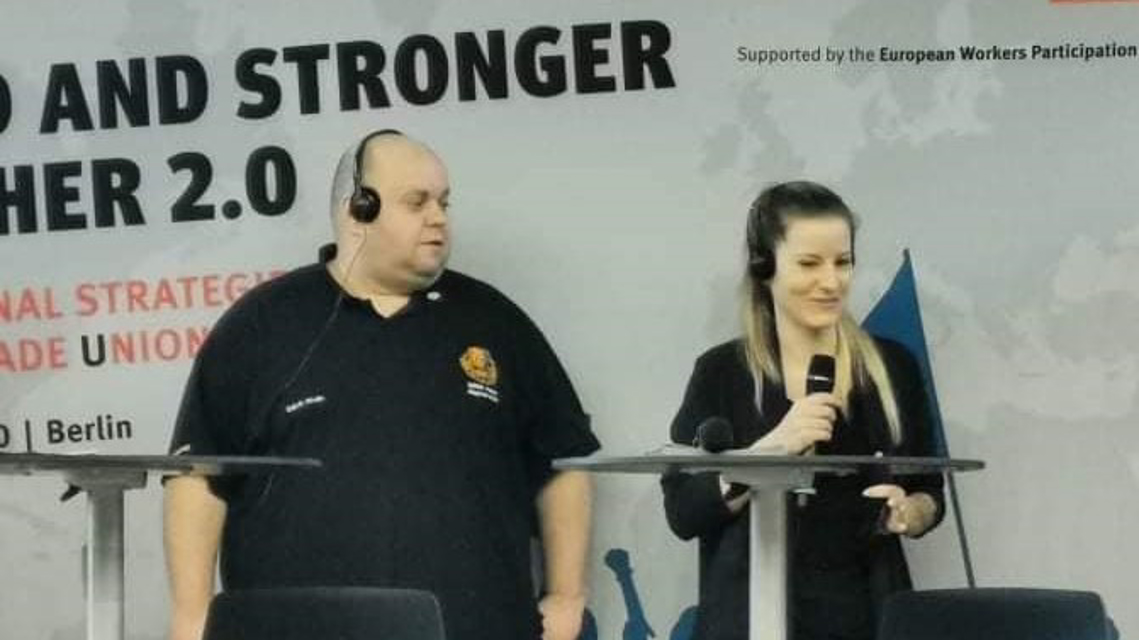A welcome success story from Hungary: trade unions in Mercedes, led by industriAll Europe affiliate VASAS, reached an agreement said to be one of the best agreements concluded at company level in Hungary in times of corona.
Production stopped at Mercedes in Kecskemét at the end of March. At the request of the workers, the unions represented in the company started negotiations on 17 March to maintain income and job security for more than 4,400 workers during the lockdown and beyond. After long and intense negotiations, an agreement was concluded on 25 April with the following key points:
- basic wages are maintained despite a production stop of several weeks
- job stability is guaranteed
- the 24-month working time frame permitted by governmental decree is not applied
Instead of applying the new working time frame that allows employers to unilaterally allocate working hours up to 24 months, it was agreed to deduct the hours not worked from a part of the annual holiday pay. The agreement thus provides for a one-time reduction in holiday pay depending on the salary group. In addition, the so-called attendance bonus will not be paid for the month of April where production stopped.
As a result of the agreement, the plant can re-start activities without any staff cuts for the time being and with the basic salaries set by collective agreement at the end of 2018. Other companies in Hungary’s large automotive industry, on the other hand, expect mass redundancies. In March, some 60,000 workers had been laid off in the sector and another 90-100,000 people are expected to follow.
A lot was at stake for the colleagues at Mercedes. Labour legislation in Hungary is weak and workers must fight for their own protection. However, supported by experts from VASAS headquarter and the VASAS regional office, the plant-level negotiators Kitti Besenyi and István Szlávik managed to reach their main goals in the marathon negotiations.
Luc Triangle, General Secretary of industriAll Europe comments:
“We welcome this agreement. It is reassuring to see that collective bargaining has delivered such positive results and given a perspective to automotive workers at Mercedes in Hungary in these difficult times. It is a fair and stable foundation for re-starting activities.”
Contact: Andrea Husen-Bradley, press and communication

